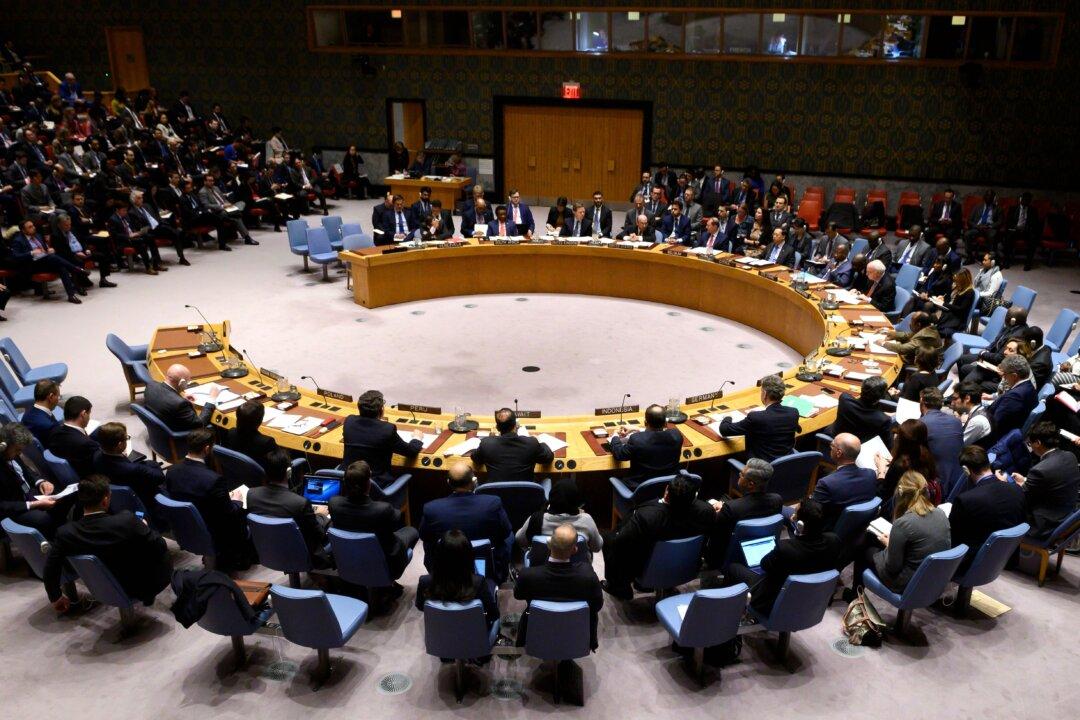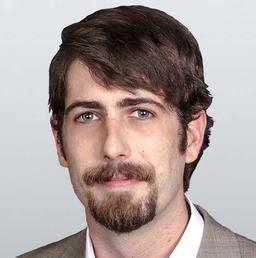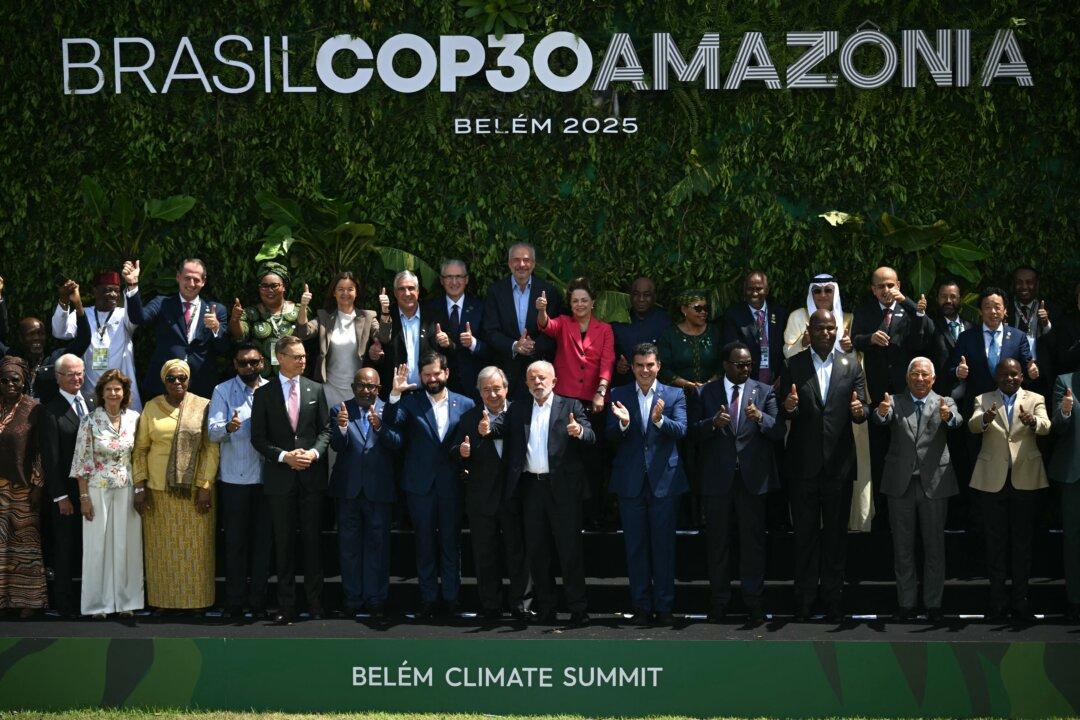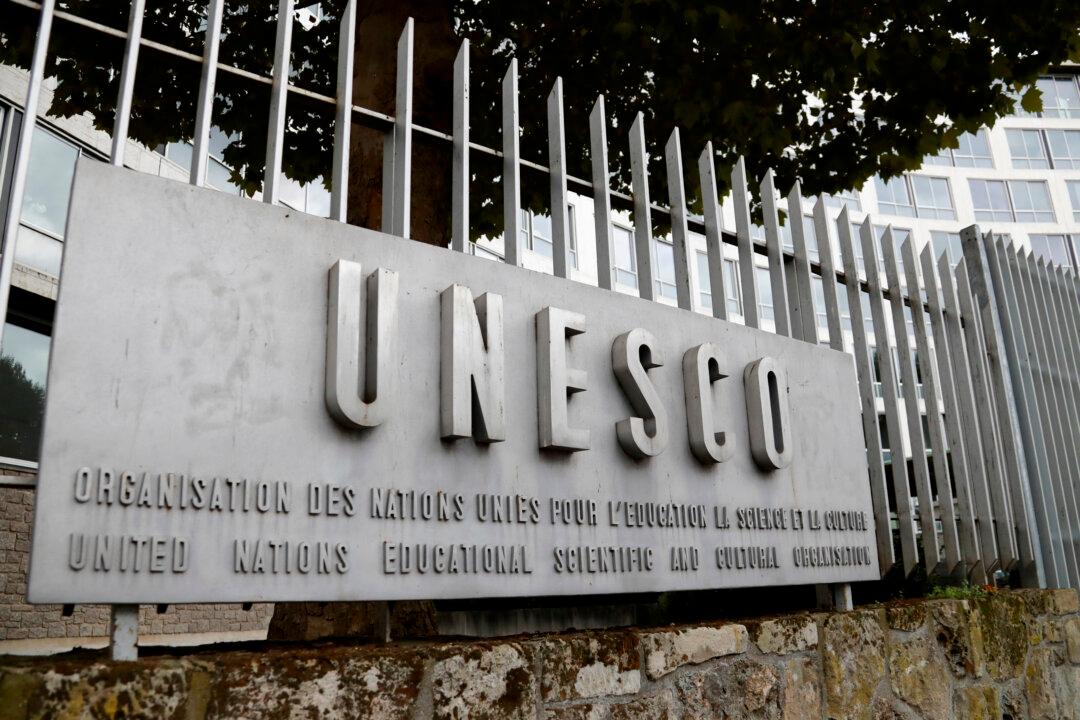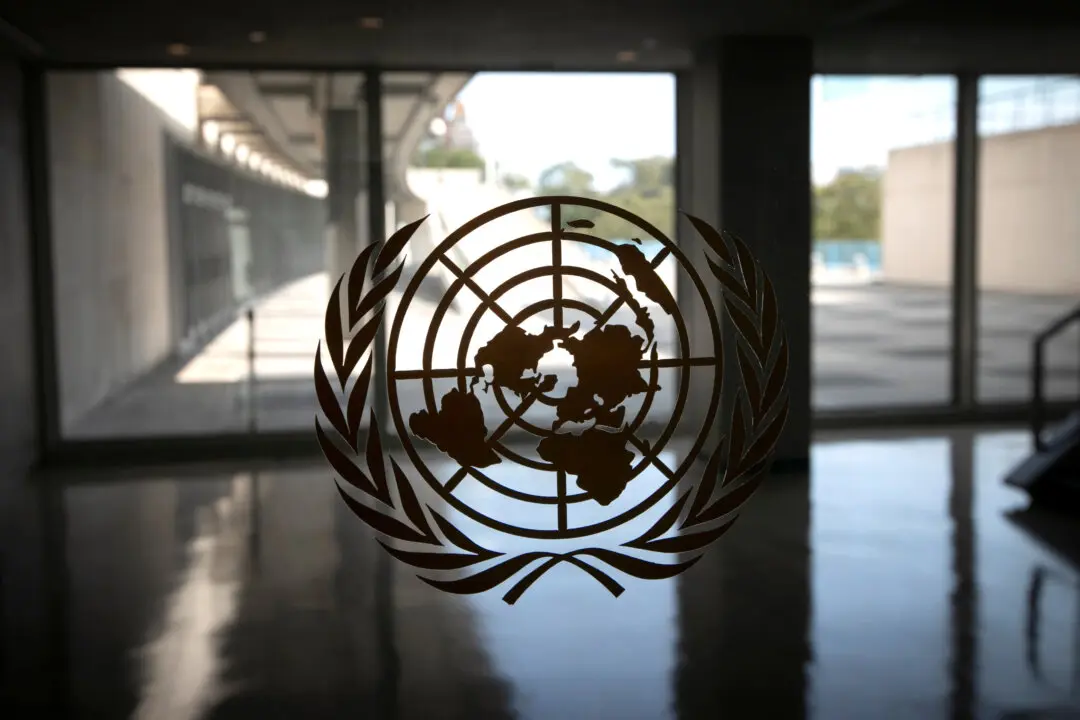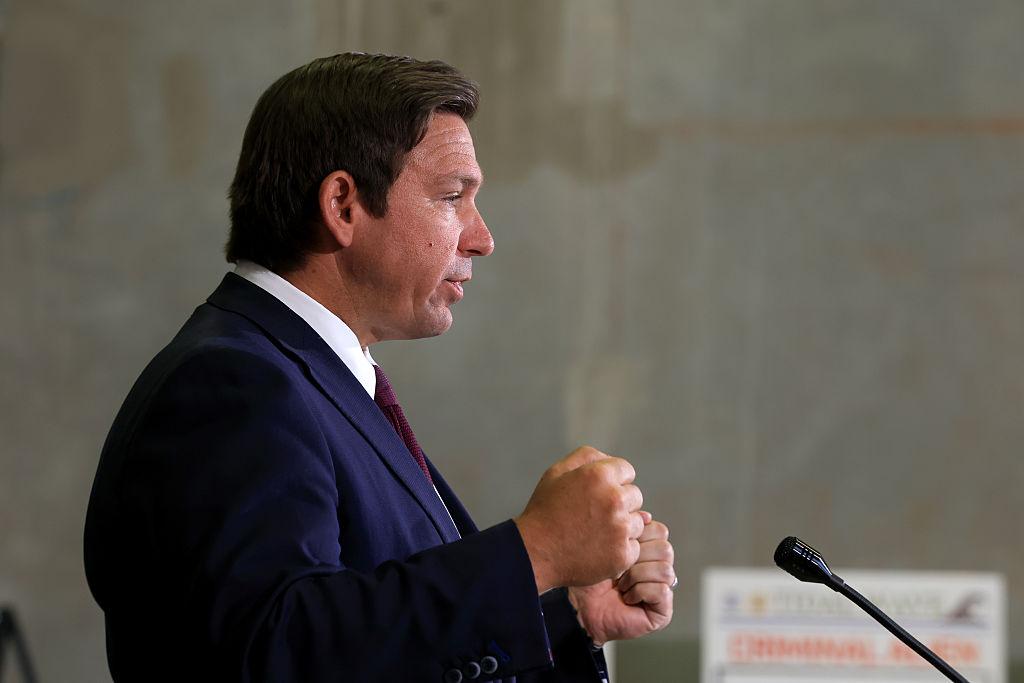The United Nations Office of the High Commissioner for Human Rights is under fire after being exposed for giving the names of dissidents and human rights activists to the Chinese communist regime, and then persecuting the whistleblower who exposed the scandal.
Among those targeted by the regime with help from the U.N. OHCHR were Uyghur Muslims, pro-Tibet activists, and others who were planning to expose Beijing’s abuses in testimony at Geneva-based U.N. human-rights bodies.
In some cases, the individuals whose names were given to the regime were prevented by Chinese authorities from testifying.
Family members of those involved who were still in China were also kidnapped, tortured and in some cases, killed in detention, according to the whistleblower and other sources.
In at least one case, the dissident identified by the U.N. was detained before leaving China and died in custody.
Now, after refusing to protect the whistleblower in the case, the U.N.’s internal justice system, which is supposed to protect whistleblowers from retaliation, is coming under scrutiny as well.
Critics and analysts even say it is time for outside intervention.
A U.N. judge who was set to rule on the case, likely in favor of the whistleblower, was mysteriously removed from office with 24 hours notice.
In interviews with The Epoch Times, the whistleblower involved and experts on the U.N.’s internal justice system said the case raises serious concerns about systemic corruption within the organization.
“The U.N. should not facilitate identification of victims for genocide, and that should not be a controversial statement,” said Emma Reilly, the whistleblower involved. “All the U.N. ever needed to do was stop handing over names to China.”
Instead, the U.N. spent millions of dollars defending that policy and demonizing the person who exposed it all while publicly denying it, she said.
“And none of the managers responsible for this will ever face the slightest consequence,” Reilly added.
Among other issues, Reilly and others who spoke with The Epoch Times suggested that the corruption that led to this latest series of explosive scandals has become pervasive within the U.N. system.
Emma Reilly Uncovers the Scandal
In early 2013, Reilly, a young Irish national with a passion for human rights, took over responsibility as the non-governmental organization (NGO) liaison within the Human Rights Council Branch of the OHCHR.Her boss, the chief of branch, instructed her to ensure that the names of Chinese dissidents were handed over to the regime in Beijing.
Naturally, Reilly was shocked.
“I immediately reported it,” Reilly told The Epoch Times, confirming a long trail of documents and correspondence that began around that time.
First, Reilly reported it to the chief of branch’s superior. When that failed, she reported it to the U.N. High Commissioner for Human Rights at the time, as well as the U.N. Ethics Office.
According to Reilly, the head of Ethics’ response was “we both know how the U.N. works,” and that she “should use the information to bribe the Chief of Office to ensure a promotion.”
“That’s how deep the rot goes,” Reilly said in an interview.
Eventually, after doing everything possible to avoid allowing Beijing to get its hands on those names, Reilly reported it to officials with the European Union’s delegation, too.
The Reactions
After trying to stop the abuse and expose it, Reilly’s life would be forever changed.Following a pattern that has developed at the U.N., she faced extreme retaliation.
“I have been ostracized, deprived of functions, forcibly transferred to non-existent posts without functions, defamed to journalists and NGOs, and more,” she said.
At one point, knowing that Reilly suffers from an autoimmune condition that can require emergency medical attention, U.N. officials even tried to forcibly transfer her to Mauritania, which does not have a functioning health care system.
Why Do It?
As for why Reilly decided to act despite knowing the risks, for her, it was obvious.“It was so clearly the opposite of what the human rights office of the U.N. should be doing,” she said.
Reilly’s reporting of the scandal led to email exchanges among others in the U.N. office discussing whether or not it was appropriate to give the names to Beijing.
About 20 people—mostly senior managers—were copied on the emails debating handing over the names of Chinese dissidents to their persecutors.
Reilly was actually the most junior person on the list, and the only one to ultimately speak out about it.
However, as those emails were flying, Reilly discovered the scheme had been going on for some time, “probably since the establishment of the Council,” she said.
“It was, and I believe still is, policy,” continued Reilly, noting that in court documents, the U.N. argued that it was “unreasonable” for her to object to this.
Documents show that the U.N. Ethics Officer assigned to the case recognized in writing that Reilly believed the policy was against the rules of the U.N. Human Rights Council, against the fundamental principle of “do no harm” in human rights work, and a violation of the U.N.’s confidentiality obligations.
But to the U.N., it was “unreasonable” to believe such lofty principles could “trump” the possibility of better relations between communist China and the U.N.
Senior U.N. managers knew all about the transferring of names to Beijing, the Ethics Office argued. As such, it must not be such a big deal, so Reilly would not be entitled to whistleblower protections.
“I still fail to see the logic of why systemic corruption and bowing to Chinese interference is okay,” said Reilly, who worked with Amnesty International in Hong Kong and so is very familiar with the dangers faced by Chinese dissidents.
The Sham Process
After almost seven years of suffering retaliation and abuse for blowing the whistle, Reilly’s case was finally heard in June 2019.“The U.N. approach to whistleblowers is to ignore all of its internal rules, and all deadlines, and drag out the retaliation as long as possible in the hope the staff member will resign, or be found guilty in a phony investigation,” she said, echoing the experiences of other U.N. whistleblowers who have tried to do the right thing.
Because of diplomatic immunity, it is not possible for the victims to sue the U.N. That means Reilly and the Chinese victims were at the mercy of a U.N. tribunal in which the U.N. itself sets the rules and changes them at will.
To win in what critics have referred to as the U.N.’s kangaroo court, she would have to prove a breach of contract—not that the U.N. was handing over names of Chinese dissidents and then beating up on the person who blew the whistle.
“The judge was clearly shocked by what he was hearing,” Reilly said.
But the whole process was a giant sham, she suggested.
“The U.N. withheld important evidence, and tried to make the entire case into a debate about my personality, as if it would somehow be acceptable for the U.N. to engage in a secret practice of facilitating identification of victims for the ongoing genocide in Xinjiang if I, as alleged, once took a document from someone’s hand too quickly,” Reilly continued.
Incredibly to outside observers, when it looked as if the U.N. “judge” might rule in Reilly’s favor, the judge was removed from the case and his post with less than 24 hours of notice so he would have no time to issue a ruling.
Just this month, the new U.N. judge assigned to the case issued an order asking to hear from a list of “almost exclusively hostile witnesses,” Reilly explained.
“When the U.N. realized it could be in danger of an embarrassing judgement revealing the cover-up, they removed the judge and assigned one who would effectively give them a second chance to retry the case, by calling witnesses on their behalf and shifting focus away from actively endangering people’s lives and safety to the fact that the people who did it didn’t like me once they found out I reported them,” Reilly said in summarizing the Kafkaesque developments.
Permeated With Corruption
Of course, Reilly is hardly the first whistleblower to face such treatment from the U.N.In fact, another high-profile whistleblower, U.N. human rights official Anders Kompass, faced similar persecution after blowing the whistle on widespread rape of African children by U.N. “peacekeeping” troops.
Leaked e-mails later revealed that the highest echelons of U.N. management met in a secret meeting in Turin, Italy, to plot his removal.
Even the former head of the U.N. Office of Internal Oversight Services, Undersecretary General Inga-Britt Ahlenius, spoke out about the case, saying it showed a “decay of culture in the U.N.”
“The Central African Republic affair is a sign that shows how accountability will actually have to be demanded from the U.N.,” Ahlenius continued. “It won’t come on its own.”
He blew the whistle on a U.N. cover-up of Soviet atrocities in Hungary—a scandal that also involved the U.N. giving names of witnesses to their communist persecutors—before being ruthlessly persecuted himself by the U.N.
Eventually, Bang-Jensen ended up dead in a highly suspicious suicide.
Reilly said her case was hardly an anomaly.
“It’s systemic,” she said. “The system of ‘protection’ is designed to fail. It’s not a case of incompetence, but malice.”
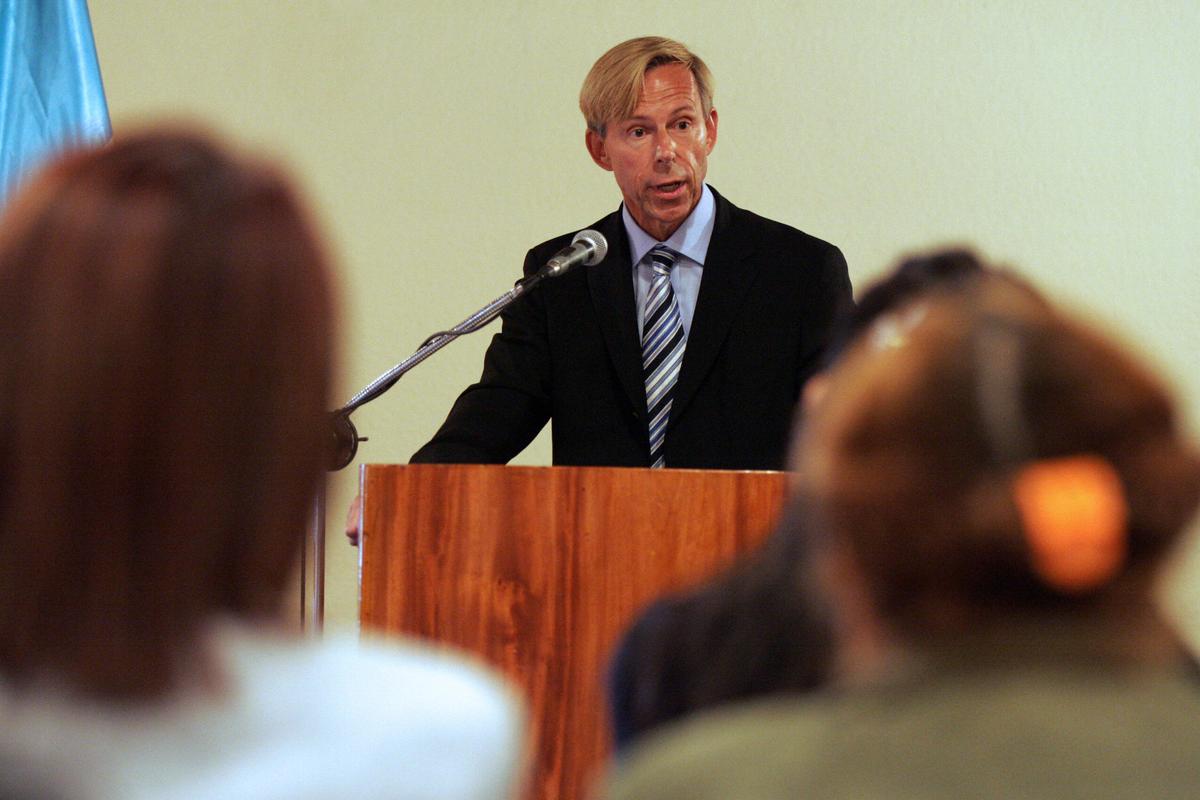
Reilly argued that genuine, personal accountability was needed for those responsible.
“And the U.N. cannot continue to police itself,” she said, calling on the U.S. Congress and the administration to play a role in ensuring effective protections for whistleblowers. “There needs to be genuine, external oversight.”
Other member states also must play a role.
Outside Experts Agree
Geneva-based international attorney Edward Flaherty, who has knowledge of the case in question but does not represent Reilly, said her case highlights systematic problems within the U.N. that must be addressed.“The disturbing case of Emma Reilly shows how ineffectual whistleblower protection actually is today in the U.N.,” Flaherty told The Epoch Times.
Reilly reported that the U.N.’s human-rights apparatus was secretly handing over information on human rights activists to the Chinese regime, “resulting in the arbitrary detention and even torture of them or their family members,” he recounted.
And yet, “every internal U.N. oversight body simply said that was okay and left her to face repeated retaliation at the hands of U.N. senior officials that has gone on for years.”
Flaherty, who has followed developments on this case and has worked on other U.N.-related whistleblower claims, expressed shock at the U.N.’s decision to remove the judge.
“This was an act clearly designed to ensure he would not have time to issue his judgment which, based on a prior judgment involving Reilly, was presumably going to again go against the U.N.,” said Flaherty.
“This action violated every principle of independence of the judiciary,” he continued. “But the U.N.’s appellate court last week rubber stamped the judge’s removal, claiming it was simply the end of his term, failing to ask why no one from the U.N. had bothered to tell the judge in advance of his imminent discharge.”
Regardless of what the U.N.’s policies are on paper, Flaherty said it is clear that the U.N.’s “so-called internal whistleblower protection procedures” are “solely designed and operated to protect senior U.N. officials, not to determine truth or stop abuses of power.”
As such, there is a “desperate need” for external oversight of the U.N.
This external oversight mechanism, he concluded, must have the power to order accountability for U.N. managers who hand the names of dissidents to Beijing, ignore the rape of children by U.N. “peacekeeping” troops, oversee the introduction by U.N. forces of deadly diseases such as cholera into places such as Haiti, misappropriate taxpayer money, or ruthlessly retaliate against whistleblowers such as Reilly.
After working closely with whistleblowers exposing heinous crimes, another expert, attorney and former U.N. internal investigator Peter Gallo, echoed those concerns.
“The U.N. has gone to extraordinary lengths to misrepresent the facts, suppress this story and retaliate against Ms. Reilly for having reported that the U.N. Office of the High Commissioner for Human Rights was actually—rather than actually defending the people actually fighting to uphold human rights—was cooperating with governments that abuse them,” he told The Epoch Times.
The U.N., he said, wanted to ignore the risk of people in China being tortured or dying of maltreatment in an effort to ensure that China would be elected to the Human Rights Council.
“This is an utter perversion that shows just how pointless the Human Rights Council really is,” said Gallo, who leads the advocacy group Hear Their Cries supporting victims of U.N. abuses.
Reilly’s case, like those of many other whistleblowers before her, shows “the utter hypocrisy of every facet of what the U.N. chooses to call its ‘justice system,’” Gallo continued, saying it should be a “compulsory Case Study” for anyone who considers the U.N. to be a force for good in the world.
Pointing to the removal of the U.N. judge, Gallo called it “outrageous,” adding that it flies in the face of every principle of justice.
“It is difficult to take such things seriously,” he added.
“It is important to realize that this is not just some minor administrative irrelevance in a back-room of an increasingly dysfunctional bureaucracy,” Gallo concluded. “This is why U.N. staff around the world will not report the number of women and children raped by U.N. personnel. This is why they will not report the corruption or the full extent of human rights abuses in conflict zones, and this is how the rest of the world is kept in the dark about the security situation in many of these countries.”
The Office of the High Commissioner for Human Rights declined to comment when contacted by The Epoch Times about Reilly’s accusations.
“Given current litigation on associated claims by Ms. Reilly, it would not be appropriate for the Office to comment further at this time,” said a spokesman in the OHCHR media section.
